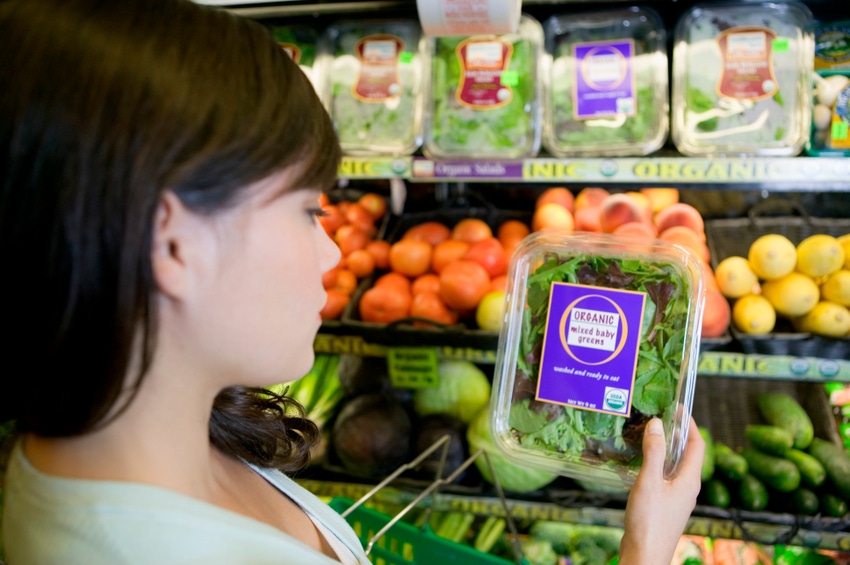March 8, 2016

There are more than 21,000 certified organic operations in the U.S., according to the United States Department of Agriculture. But as consumer demand continues to grow, so must the supply chain.
Jaclyn Bowen, general manager of QAI/NSF International—a San Diego-based provider of organic certification services worldwide—says going organic, and getting certified, provides several benefits to companies, including:
Provides for product differentiation
Ensures product's value
Protects consumers from fraud
Boosts consumer confidence
The National Organic Program requires certification of agricultural products making an organic label claim
Assures organic integrity from seed to shelf
Here, she addresses two common concerns she hears about the process of getting certified.
Myth: “I’d like to get organic certification, but it’s expensive."
Jaclyn Bowen: The process of becoming organically certified can be expensive, but it is an essential step for farmers and manufacturers wanting to meet the growing demand for certified organic food in the United States.
USDA offers farms and manufacturers cost-share programs to help defray a portion of the annual costs associated with organic certification.

Expo West appearance:
The Business Case for Going Organic: Answers & Resources for Brands
Thursday, March 10
3 - 4:30 p.m.
Marriott, Grand Ballroom F
On February 26, 2016, USDA announced its intent to assist organic farmers with the cost of establishing up to 20,000 acres of new conservation buffers and other practices on and near farms that produce organic crops. USDA Farm Service Agency Deputy Administrator for Farm Programs Brad Pfaff announced that the financial assistance will help tailor existing conservation practices to the needs of organic farmers, helping to improve soil and water quality while also providing more wildlife habitat.
Myth: “It’s great that products are certified, but organic certification doesn’t require testing, only audits.”
JB: Certification requires testing and audits. Every year all USDA National Organic Program accredited certifiers, both domestically and abroad, conduct a minimum of 5 percent unannounced sampling and testing on all certified organic operations. We pull samples and test for 500+ prohibited pesticides and GMOs to make sure that products being represented as organic truly meet the requirements. This is in addition to conducting unannounced audits on a minimum of 5 percent of all certified organic operations. All of this is to help ensure long-term consumer trust in organic.
NOP-accredited certifiers, like QAI, can point you in the right direction. For more information and resources to help your brand go organic, attend the Cultivating Organic education track at Expo West.
You May Also Like


